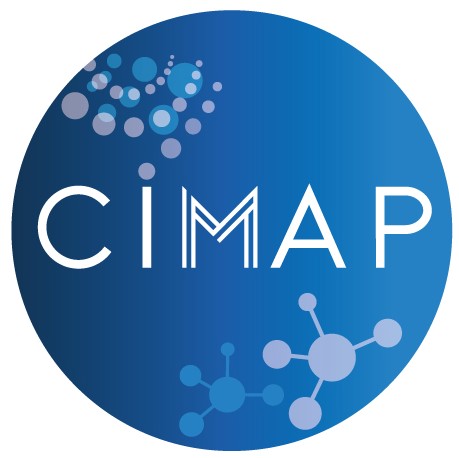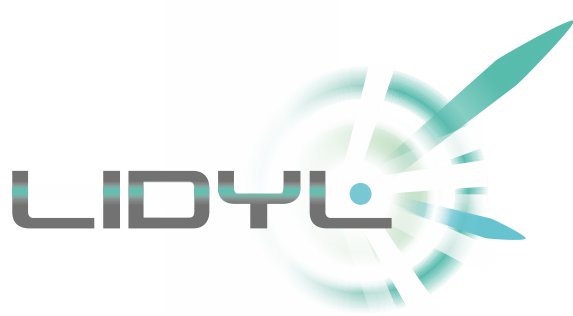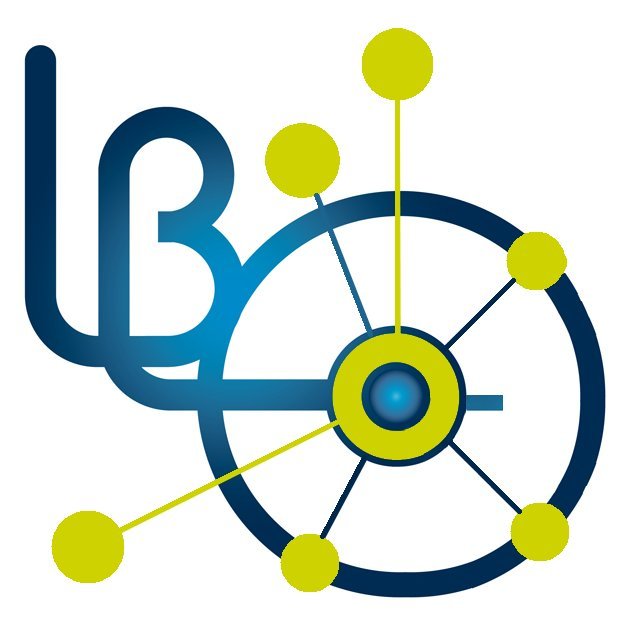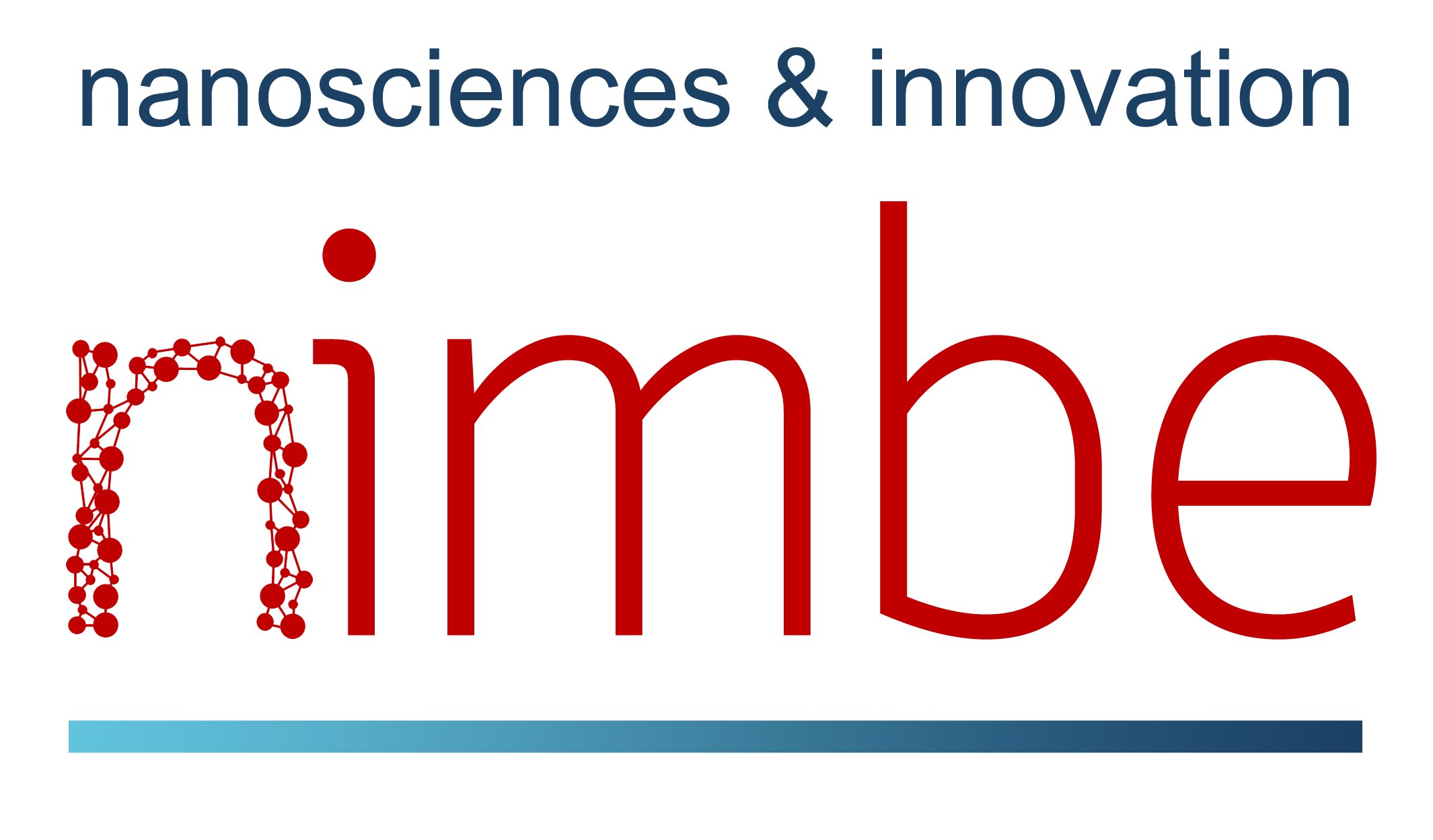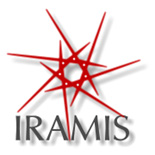PhD subjects
| 3 sujets IRAMIS |
Dernière mise à jour :
Experimental study of boundary layers in turbulent convection by Diffusive Waves Spectroscopy
SL-DRF-24-0355
|
Contact : |
Starting date : 01-10-2024
| Contact : |
|
| Thesis supervisor : |
|
Personal web page : https://iramis.cea.fr/Pisp/sebastien.aumaitre/
Laboratory link : https://iramis.cea.fr/spec/sphynx/
To estimate the energy dissipated, we need to be able to measure the norm of the velocity gradient. This quantity is difficult to access with conventional anemometry techniques, which measure velocity fields with limited resolution. These gradients are also expensive to obtain numerically over long time scales. But we have developed a technique for directly measuring the norm of velocity gradients using Multiple Scattering Spectroscopy. This will enable us to measure dissipative structures and the rate of energy dissipation in boundary layers.
Dielectric response of a liquid far-from-equilibrium
SL-DRF-24-0279
|
Contact : |
Starting date : 01-09-2024
| Contact : |
|
| Thesis supervisor : |
|
Personal web page : https://iramis.cea.fr/Pisp/marceau.henot/
Laboratory link : https://iramis.cea.fr/spec/SPHYNX/
The aim of this PhD thesis is to study experimentally the very non-equilibrium response of polar liquids, using a device recently developed in the laboratory which enables us to apply a very rapid temperature change to a liquid and follow its re-equilibration dynamics. Measurements of linear response should reveal more about the physical mechanisms governing equilibration, while non-linear measurements will provide information about the cooperative nature of structural rearrangements.
Thermoelectric energy conversion in nanofluids for hybrid solar heat collector
SL-DRF-24-0358
|
Contact : |
Starting date : 01-10-2021
| Contact : |
|
| Thesis supervisor : |
|
Personal web page : https://iramis.cea.fr/spec/Pisp/sawako.nakamae/
Laboratory link : http://iramis.cea.fr/spec/SPHYNX/
More : https://www.magenta-h2020.eu
At SPHYNX, we explore thermoelectric effects in an entirely different class of materials, namely, complex fluids containing electrically charged nanoparticles that serve as both heat and electricity carriers. Unlike in solid materials, there are several inter-dependent TE effects taking place in liquids, resulting in Se values that are generally an order of magnitude larger that the semiconductor counterparts. Furthermore, these fluids are composed of Earth-abundant raw materials, making them attractive for future TE-materials that are low-cost and environmentally friendly. While the precise origins of high Seebeck coefficients in these fluids are still debated, our recent results indicate the decisive role played by the physico-chemical nature of particle-liquid interface.
The goal of the PhD project is two-fold :
- First, we will investigate the underlying laws of thermodynamic mechanisms behind the thermoelectric potential and power generation and other associated phenomena in nanofluids. More specifically, we are interested in how the particles' Eastman entropy of transfer is produced under the influence of thermal, electrical and concentration gradients. The results will be compared to their thermos-diffusive and optical abosrption properties to be obtained through research collaborations.
- Second, the project aims to test the promising nanofluids in the proof-of-concept hybrid solar-collector devices currently developed within the group to demonstrate the co-generation capability of heat and electricity. The hybrid device optimization is also within the project's scope
The proposed research project is primarily experimental, involving thermos-electrical, thermal and electrochemical measurements; implementation of automated data acquisition system and analysis of the resulting data obtained. The notions of thermodynamics, fluid physics and engineering (device) physics, as well as hands-on knowledge of experimental device manipulation are needed. Basic knowledge of optics and electrochemistry is a plus. For motivated students, numerical simulations using commercial CFD software, as well as the optical absorption measurements at the partner lab (LNO/CNR, Florence, Italy) can also be envisaged.

